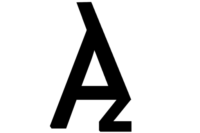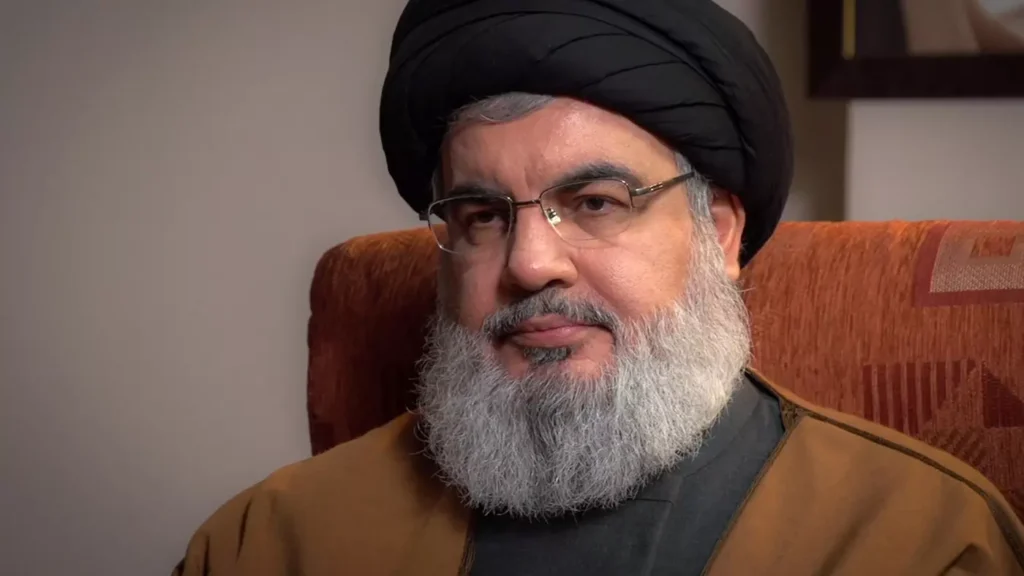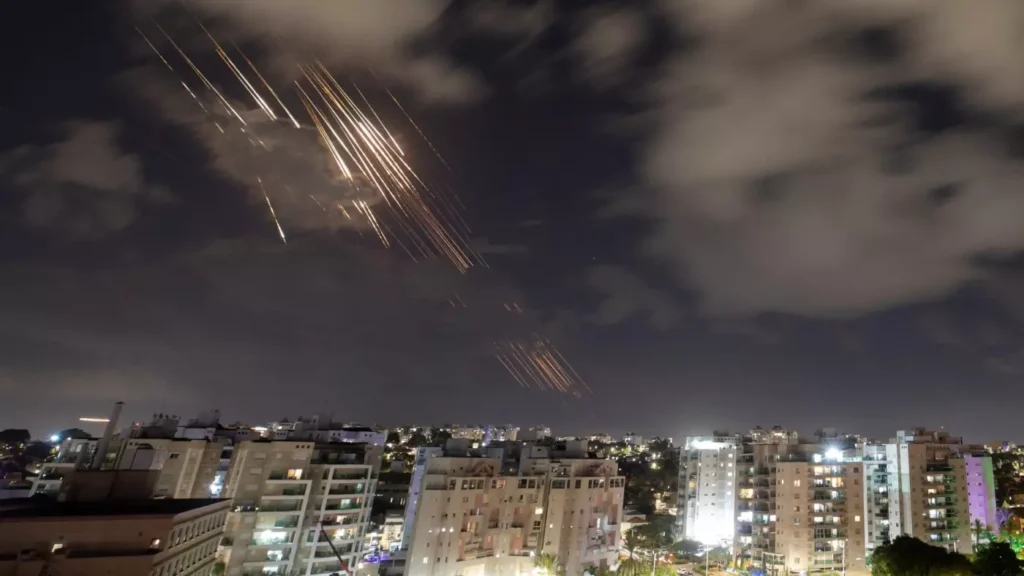On Friday, the precarious geopolitics of the Middle East received a telling jolt when the Israeli forces managed to eliminate Hassan Nasrallah, Secretary-General of Hezbollah, in Beirut. The Israeli army targeted the bunker in which he was present with a bunker-buster missile and killed him along with his daughter and a few other senior commanders. In light of this assassination, debates started across all local and international media, where experts weigh in on what could transpire. In this blog, we try to take in three major areas: background and the person of Hassan Nasrallah, the events leading up to the assassination, and what that might imply for Israel, Lebanon, Hezbollah, the Middle East, and the international community in general.
1. Hassan Nasrallah: Putting a Face on the Man at the Head of Hezbollah
Hassan Nasrallah has been the leader of the political and militant group Hezbollah since 1992, following the assassination of his predecessor, Abbas al-Musawi, by Israeli forces. Nasrallah was born around 1960, in southern Beirut, into a family involved in local commerce. He grew up in a Shia-majority region that turned out to be a focal point during Lebanon’s civil war starting in 1975. The civil war greatly affected the politically and economically marginalized Shia communities, thus laying the ground for the rise of militant groups.
Under the influence of Shia cleric Musa Sadr, Nasrallah joined the Amal movement at age 13, during the mid-1970s. Amal was an organization of Shia which was reasonably secular, and also quite moderate, but still played an important role in the Lebanese civil war. Following from the Iranian Islamic Revolution in 1979, Shia communities went on a very different, more radical turn within the region: new groups, such as Islamic Jihad came to be formed, at the beginning of the eighties. From this portfolio came the Hezbollah Organization, which was officially constituted in 1985 with the issuing of its first manifesto that signaled the aims around which it would rally.
As such, under Nasrallah’s guidance, Hezbollah organized its operational doctrine around three primary fountainheads :
• Military Strength: Building a strong military wing that will oppose the forces of Israel.
• Political Influence: Appear politically in the country of Lebanon, in order to influence more and control bigger interests.
• Welfare Expansion: One way is through an entrenched comprehensive welfare system in health services, education, employment opportunities, micro-financing, which increases its appeal among the Lebanese populace.
The strategic vision of Nasrallah, better known as the “Hassan Nasrallah Doctrine,” put Hezbollah in a good light as a pure nationalist party concerned with protective policies for Lebanon against external threats, most especially Israel. This, combined with the regional influence exerted by Iran, has cemented Hzbollah’s position both militarily and politically within Lebanon and the broader Middle East.
________________________________________
2. The Events that Culminated in Nasrallah’s Assassination
The immediate background for the assassination of Nasrallah was provided by an ongoing conflict between Israel and Hamas in Gaza, starting from October 7, 2023. In a friendly gesture to Hamas, Hezbollah began the cross-border escalation against Israel. Confrontation on a limited border conflict was all that initially Hezbollah had planned without a major attack. The situation shortly thereafter got absolutely out of hand-the result, many casualties, including children in areas like the Heights.
The attacks of Israeli forces were escalated out of retaliation against the Hezbollah targets in South Lebanon, field commanders, and the senior leadership. These steps culminated in the latest attack that resulted in the death of Nasrallah. Israel declared its intention to continue escalating the conflict by signaling a prolonged period of instability in the region.
_________________________________________
3. The Aftermath of the Assassination of Nasrallah
The issue of killing Hassan Nasrallah is a grave matter, the result of which has attendant implications for all the parties involved in the Middle East, as well as on the international level.
a. Impact on Hezbollah’s Command and Control: The death of Nasrallah is particularly the hardest blow to Hezbollah’s leadership structure. He was Secretary-General for over three decades of his life. His strategic perceptions and directions were significant for the very inception of the Hezbollah organization. The removal of Nasrallah in such a fashion denies Hezbollah its command and control, probably subsumed by the forthcoming internal factional struggles and undepleted operational efficiency for some time.
b. Strength of Israeli Deterrence: The successful assassination carried out by Israel shows precision and effectiveness in its intelligence as well as military capabilities. This constitutes a major deterring factor against Hezbollah and other militant groups around the region because it has been able to eliminate some high-profile targets despite the largely militarily powerful existence of Hezbollah for 18 years.
c. Deterioration of Iran-Hezbollah Relations: The close political and military ties between Hezbollah and Iran would likely be affected negatively. Nasrallah was the leader who cemented this alliance together, and without him, there could be a weakening of the strategic coordination between Tehran and Beirut. This could further embolden Israel against Iran and take away influence in the region that had been developed, thus changing the balance of power.
d. Regional Stability and Risks of Escalation: The fluidity and volatility of the Middle East make it possible that Nasrallah’s assassination would lead to further escalations: Israel’s move to hit at Hezbollah might be answered by retaliatory action by Iran or cohorts of this insider group, thus escalating the danger of a broadened regional conflict.
d. Global Geopolitical Shifts: The incident conveys a strong message throughout the entire world regarding tussles and how far states can go to protect their interests. It may change the dynamics internationally in diplomatic missions-that it might hamper the nuclear deal negotiation with Iran-and might bring changes in alliances and strategies amongst global powers.
f. Socio-Economic Consequences for Lebanon: Hezbollah is much more than a military organization in Lebanon. Its extensive welfare programs have formed the backbone of its acceptance among the Lebanese population. The destabilizing effect caused by Nasrallah’s death might affect such programs and thus culminate into socio-economic instability, leading to a reduction in Hezbollah’s influence within Lebanon.
_____________________________________________
Conclusion
The assassination of Hassan Nasrallah was going to be a defining moment in Middle Eastern politics. It reflects the complex interaction that has always been there within militant groups, state actors, and regional powers. While for Israel, this may be an act of military deterrence, it is also a creation of instability within Hezbollah’s command structure and a chink within the relations between Iran and Hezbollah. The situation underlines complexity from the standpoint of broader implications for regional stability, international diplomacy, and Lebanon’s socio-economic landscape. With that, the Middle East will start to write another chapter in its history, and for years to come, the reverberations of Nasrallah’s death will continue to shape the geopolitical dynamics.
Thank you for reading. To stay up to date with the latest news and analysis, considering subscribing below.
Frequently Asked Questions
Question 1:Who was Hassan Nasrallah?
Until now, Hassan Nasrallah has been, since 1992, the Secretary-General of Hezbollah, a Lebanon-based political and militant organization with pro-Iran tendencies, responsible for its military and political strategies.
Question 2: What would be the implications of the assassination of Nasrallah to Hezbollah?
His death would be a broadside to the Hezbollah leadership given that internal factional struggles and a reduced operational tempo might just characterize life after Nasrallah.
Question 3: How will this death of Nasrallah change Israel’s security strategy?
This Cleaner murder shows how good Israeli intelligence and military capabilities can be, serving as a deterrent against Hezbollah and other Islamist militant groups in the region.
Question 4: What does this incident augur about the relations between Hezbollah and Iran?
The relationship between Hezbollah and Iran would, therefore, be undermined or weakened after the assassination of Nasrallah, which would lead to the region having no strategic coordination and influence due to weakened close ties.
Question 5: Considering the Middle East, how might this assassination impact regional stability?
The conflict might flare more if Nasrallah died, with options for Iran or Hezbollah to retaliate and an increased danger of the war’s escalation in the region.
Question 6: How could this assassination affect regional stability in the Middle East?
Nasrallah’s death may lead to further escalations in conflict, with potential retaliatory actions from Iran or Hezbollah, raising the risk of a broader regional confrontation.
Question 7: What are the socio-economic consequences for Lebanon following this event?
Hezbollah’s extensive welfare programs have garnered support among the Lebanese population. The destabilization caused by Nasrallah’s death could affect these programs and lead to socio-economic instability in Lebanon.
Question 8:What are the broader geopolitical implications of Nasrallah’s assassination?
The incident could influence international diplomatic efforts, including negotiations related to Iran’s nuclear program, and reshape alliances and strategies among global powers.





Worth reading
Well structured from beginning of cause to its aftermath.
Good analysis
Well written and engaging.
Keep it up.
This article clearly illustrates the geopolitical changes and possible regional effects of Nasrullah’s assassination through perceptive analysis.
Very in-depth and well researched article, I must say.
Keep up the good work!
Informative one 💯